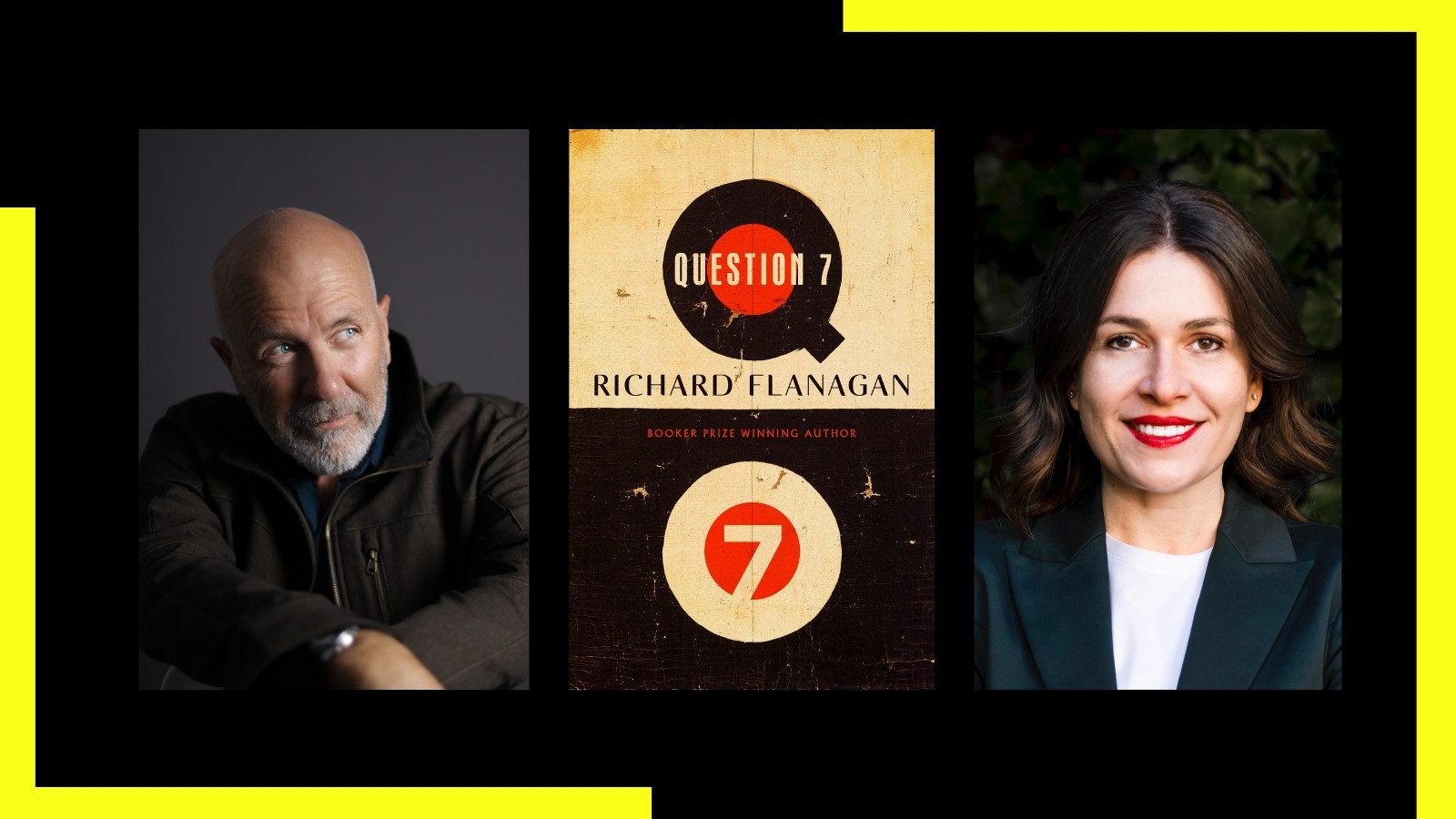Jenny Erpenbeck: European Facts and Fictions
Series
Where
When
Monday, 6 May 2019, 06:00pm - 07:00pm
Event Status
Past event

‘I do believe that East German authors have an experiential advantage from having lived through a period of such radical change,’ Jenny Erpenbeck has said. ‘I grew up constantly being reminded that I lived on the poorer side of Germany … You can’t forget what it felt like to be on the other side of history.’
Born, bred and still based in Berlin, Jenny Erpenbeck is among Germany’s most exciting and innovative voices. She’s a writer of short and startling novels – often concerned with the profound upheavals of Europe’s dark 20th Century – and she’s well known for her daring experiments with form.
In her acclaimed sixth novel, The End of Days, the main character dies four times, living out several different destinies, each uniquely shaped by historical events in Germany, Austria and Russia. With her latest novel, Go, Went, Gone, Erpenbeck turns her attention to one of the great moral challenges facing the European continent this century – mass human displacement and the refugee crisis.
Join the fearless Erpenbeck as she discusses her life and work – and the dimensions of history.
Hill of Content will be our bookseller for this event.
Featuring
Featuring

Jenny Erpenbeck is the bestselling author of The Old Child & The Book of Words, Visitation and The End of Days, which won the 2014 Independent Foreign Fiction Prize, and Go, Went, Gone, which was longlisted for the International Man Booker Prize. The New Yorker‘s James Wood has praise... Read more

Melinda Harvey has published widely as a book critic for over a decade and is a judge of the Miles Franklin Literary Award. She is Lecturer in Literary Studies at Monash University and is currently at work on a book about women critics.
Watch, Listen, Read

Watch
Chanel Contos: Consent Laid Bare
25 Apr 2024

Listen
Origin of You: Mindy Meng Wang 王萌 and Sui Zhen
20 Apr 2024

Watch
Jane Smiley in Conversation
18 Apr 2024

Listen
Richard Flanagan: Question 7
15 Apr 2024

Watch
In Conversation with Fern Brady: Strong Female Character
12 Apr 2024

Watch
Mind Over Machine: AI, Creativity, Humanities, and the Arts
10 Apr 2024